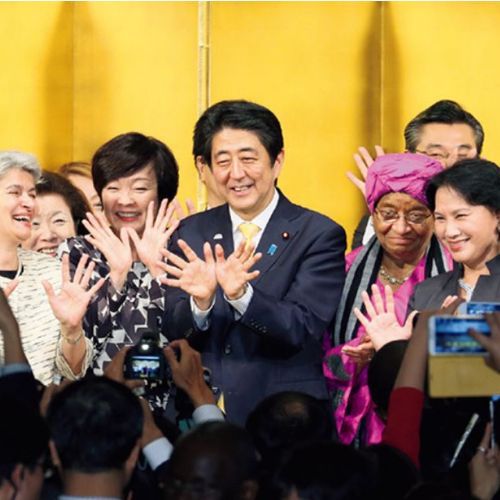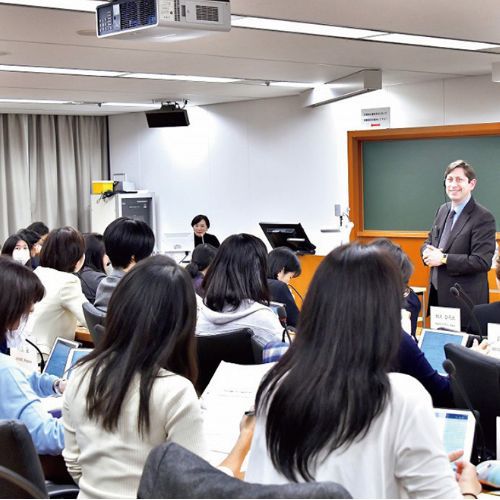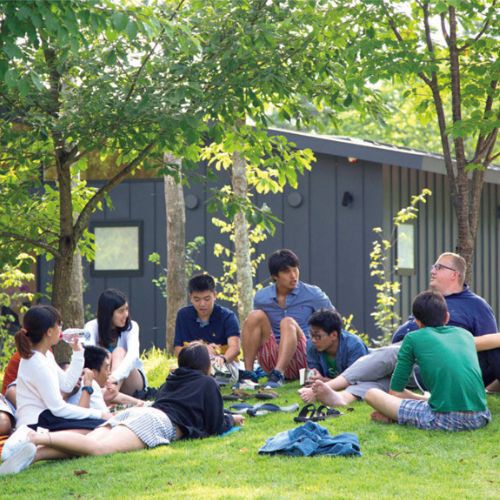Akira Sakano, a “Zero Waste” proponent from a small mountain town, played the important role of co-chair at Davos 2019. What is her message to the world?
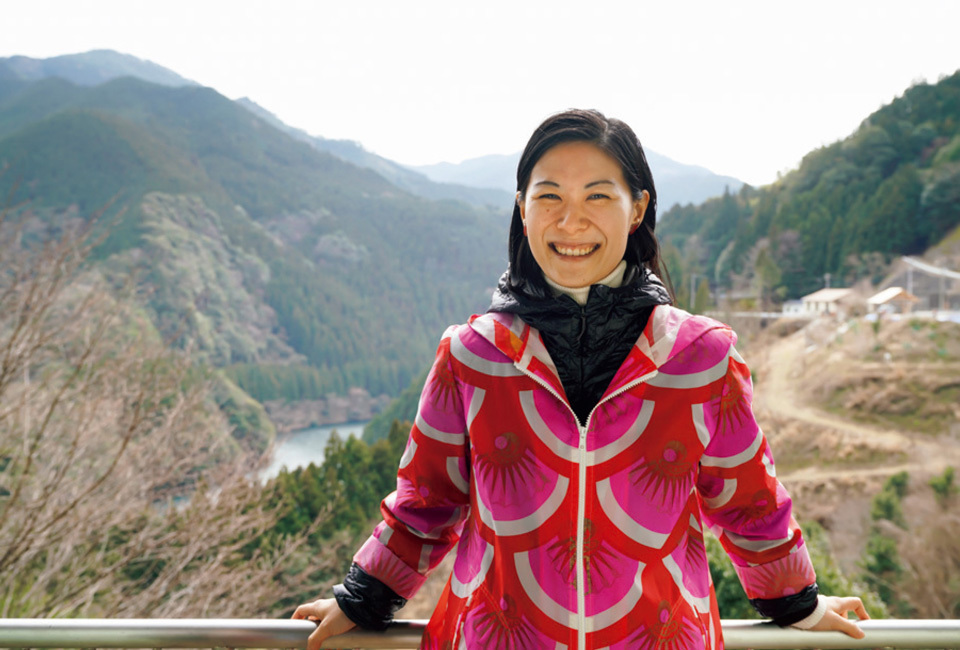
Akira Sakano
Born in 1989. She has been a founding member of Global Shapers Osaka Hub since 2012. She moved to Kamikatsu, Tokushima Prefecture, in 2014.
Presently, she is chair of the board of directors of NPO Zero Waste Academy. “In the future, while still promoting zero waste, I want to be involved in social change focused on the circular economy.”
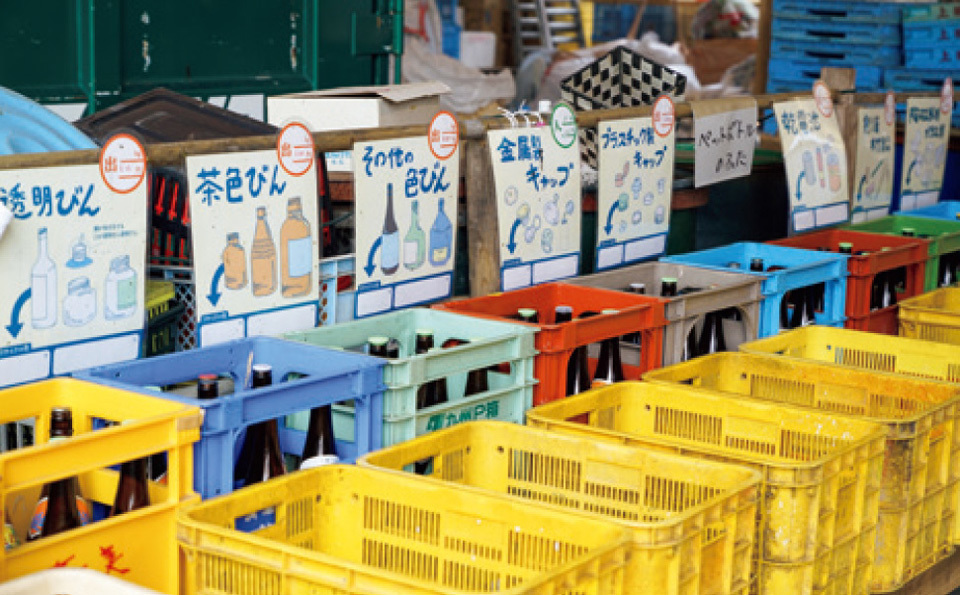
The town has just one waste collection station. Local residents sort waste on their own into 45 categories. The system achieves a recycling rate of 81%.
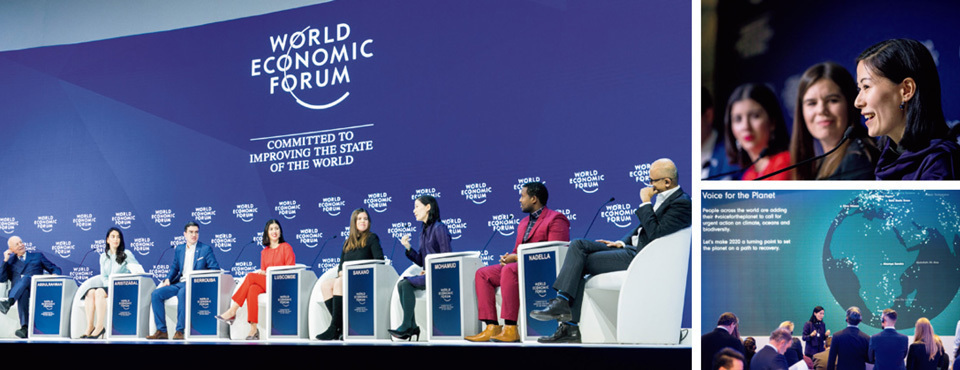
“The primary role of co-chair is to share our generation’s thoughts and initiatives and predict outcome probabilities regarding dialogue and solutions.” Sakano says that brushing shoulders with business and political leaders left her feeling that change is afoot.
This year at Davos, all six of the young people chosen to co-chair the conference were members of the Global Shaper Community. With more than half the world’s population under 28 years old, it was time for a fresh breeze of a youthful vibe to run through the Davos Conference. Against that backdrop, sustainability was the topic discussed from all points of view. “Initiatives for the circular economy are already gaining momentum globally as a growth strategy. Right now, we desperately need to fundamentally reform the systems of production and consumption, and our discussions led to some very practical ideas on how we can create new sustainable business models,” Sakano reports.
From her experience in Kamikatsu, Sakano knows the limits of local action. She is now seeking for alternatives to promote social reform that incorporates government policy. “The gap between the young and older generations is particularly striking in the super-aging society of Japan. I want to come up with ways of delivering messages that all generations will understand,” she explains. With numerous issues to be tackled, the dialogue among the co-chairs of the same generation at the conference was apparently invaluable. “Although our backgrounds varied vastly, but we instantly discovered common values. I began to recognize the issues of other countries which I have dismissed previously due to my unfamiliarity, and began to consider as my own. I hope for more similarly stimulating discussions in the future,” she says, wishfully. Such striking actions by our young leaders will surely continue to impact the globe in the years ahead.

























